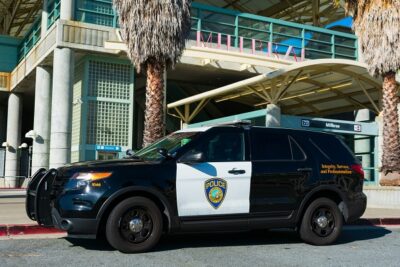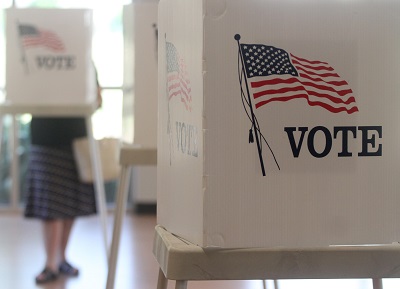Here’s an Idea: No BART Strike
News stories began appearing late this week about contingency planning for a second BART strike, which could come on Monday, August 4. Of course, the best plan would be to avoid a strike altogether. The 4½-day strike earlier this month wasted an estimated $330 million in lost economic productivity, according to figures provided by the Bay Area Council Economic Institute. That didn’t include millions in sales revenue that small businesses lost because many of the hundreds of thousands of workers and others that rely on BART daily remained at home rather than battle traffic and over-packed transit. Nor does it include the tens of millions of dollars that regional transportation authorities will have to divert from existing transit programs to pay for additional bus and ferry service.
Some union officials have loudly suggested that a second strike could be even worse than the first one, and back-and-forth exchanges between the two sides this week suggested that they remain far apart on an agreement. Wages and benefits have been the main issues, although details of any current offers haven’t been available since a state mediator stepped in. A big question involves what constitutes fair compensation for BART workers, who currently earn an average of $80,000 a year in pay and $130,000 overall when benefits are added in. That puts them among the best-paid transit workers in the nation, and gives them an average salary that exceeds the Bay Area average of $64,000. BART workers also contribute nothing to their pensions and pay $92 a month for health benefits.
The Bay Area Council believes workers deserve fair compensation that is consistent with what other transit and public employees earn, reflects current fiscal realities and BART’s awesome capital needs and doesn’t burden riders with additional fare increases. Unions had been demanding a 21% pay increase over four years to make up for several years without increases. BART was offering 8%. Unions also reportedly rejected calls that workers contribute to their pensions and pick up a greater share of rising health costs. With an estimated $5 billion in immediate infrastructure needs, including replacing the nation’s oldest fleet of mass transit rail cars, and $15 billion needed over the next 15-20 years, BART is focused on directing more funding to these capital improvements.





